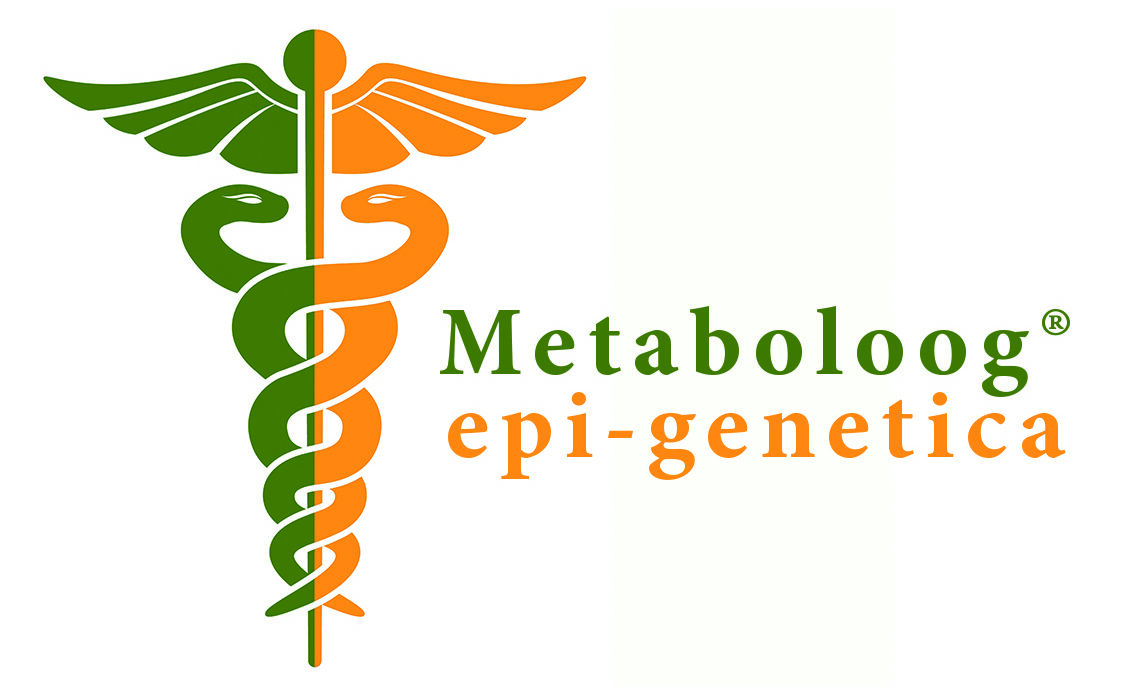Metabolic Oncology: A New Direction in Cancer Control
Metabolic oncology is a relatively new discipline within oncology that focuses on the metabolic changes that tumors undergo. Jane McLelland, a progressive thinker in this field, has shown that influencing the energy metabolism of cancer cells may be a possible avenue for fighting cancer1. Further research is being conducted on treatments such as pro-oxidant vitamin C infusions, off-label drugs, hyperthermia and the application of GcMAF.
Pro-oxidant Vitamin C Infusions
Maastricht University has pioneered research on infusions of pro-oxidant vitamin C. In contrast to the antioxidant properties of vitamin C in low doses, in high doses it has a pro-oxidant effect, causing damage to cancer cells2. This treatment can reduce tumor resistance to conventional therapies while maintaining the health of normal cells.
Off-label Medications
Off-label drugs, already approved for other diseases, are now gaining attention in the fight against cancer. McLelland's approach, known from her book "How to Starve Cancer," discusses the use of these drugs to cut off metabolic pathways that feed cancer1. Although promising, further research is needed to ensure the safety and effectiveness of this approach.
Hyperthermia
Hyperthermia, raising body temperature, has been shown to increase the sensitivity of cancer cells to both radiation and chemotherapy3. This method could potentially improve the effectiveness of existing treatments.
GcMAF
GcMAF, a protein that stimulates macrophage activity in the immune system, has been investigated for its potential to attack cancer cells4. Although early studies are promising, larger clinical trials are needed to confirm its role in cancer treatment.
Conclusion
Metabolic oncology offers a fresh perspective on cancer treatment by focusing on the unique metabolic characteristics of tumors. Although studies are still in their infancy, preliminary results offer hope for future treatment options.
Resources
- McLelland, Jane. "How to Starve Cancer." (2018).
- Maastricht University. "Pro-oxidant Effects of Vitamin C in Cancer Therapy." (2020).
- Hyperthermia in Cancer Treatment. National Cancer Institute (2019).
- Nagasawa, H., et al. "Potential anti-cancer activity of GcMAF." Journal of Oncology (2018).

